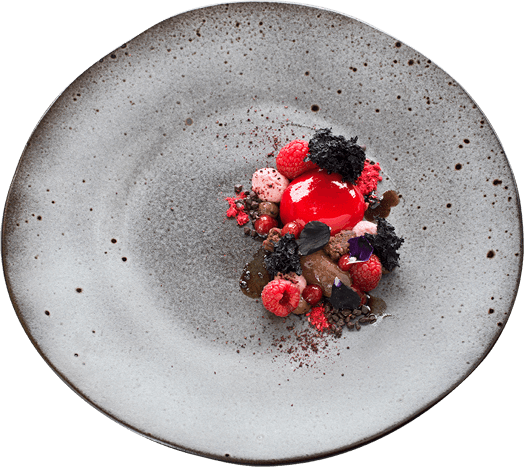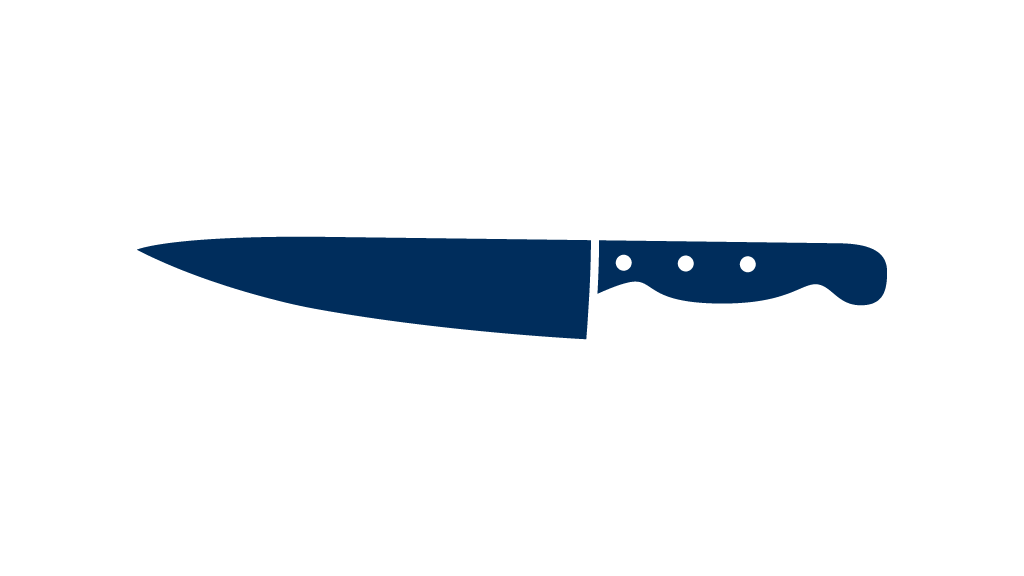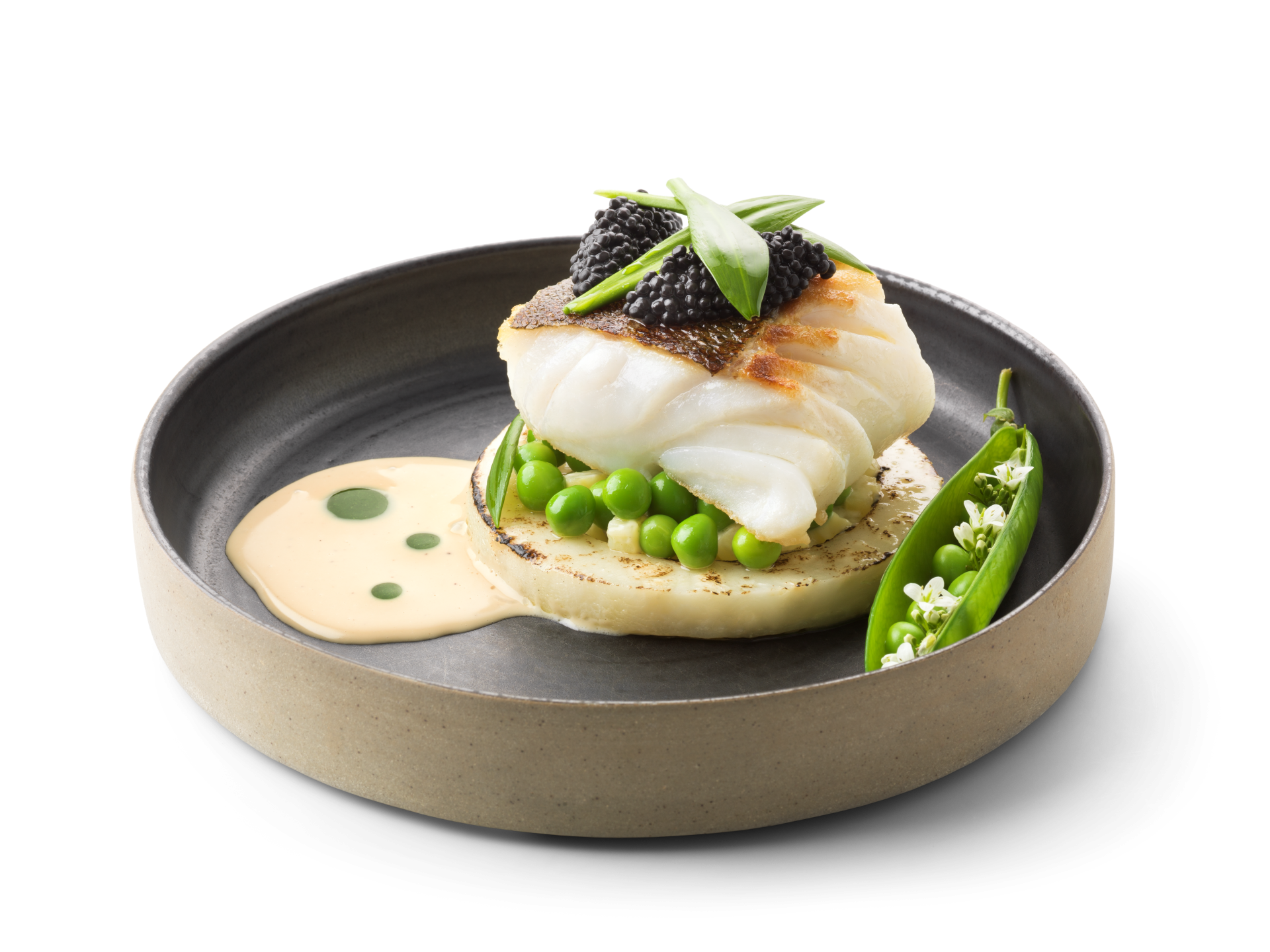Reducing the carbon footprint of our milk
Over the past decade, we have managed to reduce our carbon footprint per litre milk to almost half the global average. But we are always thinking of how we can do better. Senior Corporate Sustainability Manager Ruben Wanders explains how we minimize emissions in close collaboration with our dairy farmers.
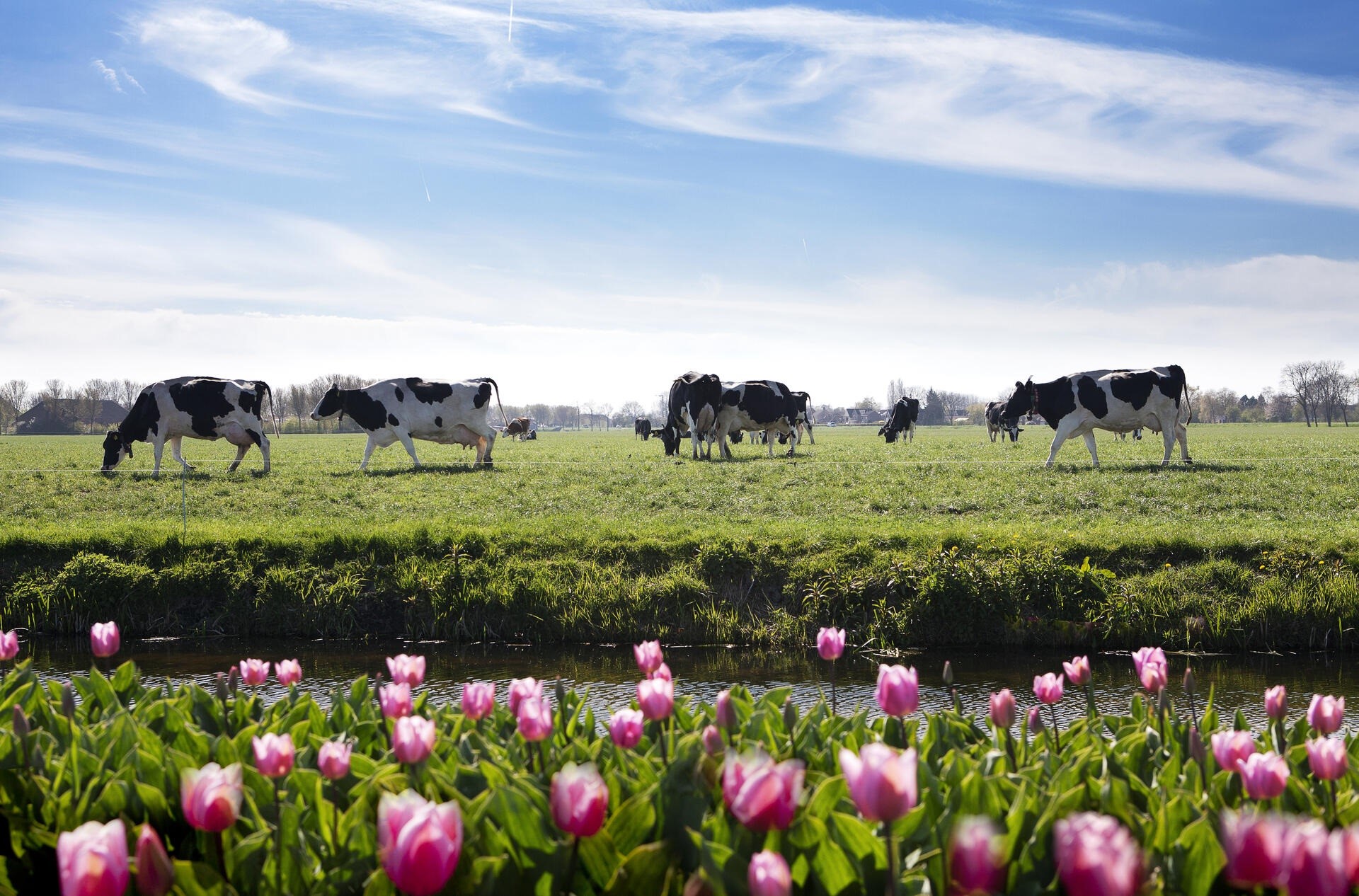
Three scopes
Our long-term goal is to be net climate neutral by 2050. Ruben emphasizes a crucial point about this objective: “It is important to note the word ‘net’. This word implies that it is unlikely for milk production to reach full climate neutrality, as a cow will always produce methane to some extent. That is why, at some point in the future, we need to compensate for the remaining emissions.” Nevertheless, there is a lot that we can do already now to reduce emissions.
“Our efforts to reduce carbon emissions are centred around three scopes. Scope 1 and 2 encompass our supply chain, production facilities and milk transport. Scope 3 entails the production of milk on our member dairy farms. We have also set targets for the other part of scope 3, like packaging.
By 2030, we want to have reduced our emissions on member farms by 33 percent in comparison to 2015. For our production facilities and transport, our goal is to reduce our emissions by 63 percent in comparison to 2015.”
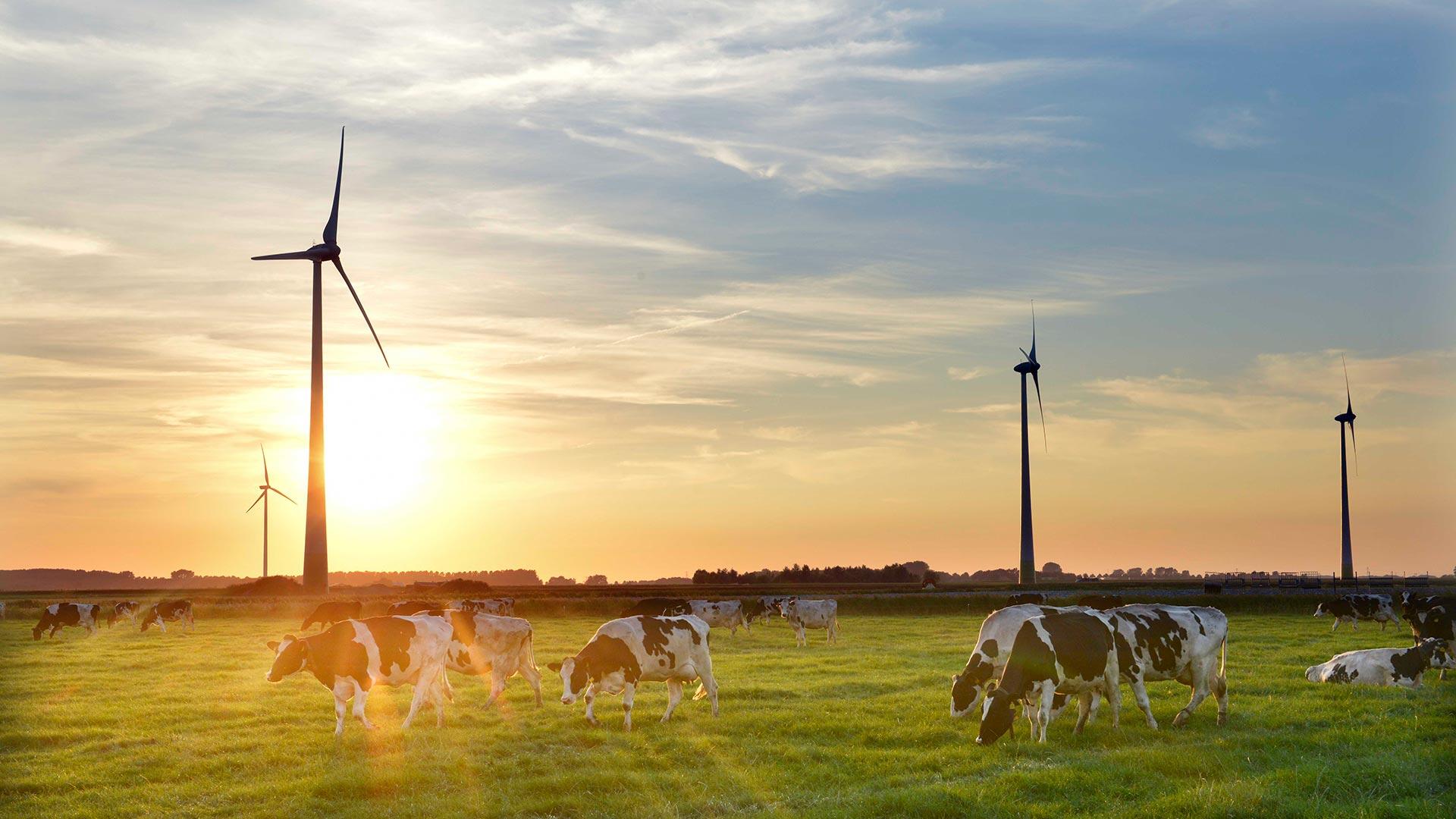
Our targets are ambitious, but. “Everyone within FrieslandCampina, including our professional brand Debic, is aligned with our sustainability goals. Including the board, management and farmers,” Ruben explains. “In practice, this means that we support our farmers in their sustainability efforts by providing them with the right infrastructure and information. In return, we benefit from their invaluable expertise and hard work.”
“Our member farmers have always worked in harmony with nature. Some of them are the fifth or even sixth generation dairy farmers, so continuity is very much in play. Over the years I have learned that, generally speaking, a farmer is not primarily driven by big profits. They wish to run a financially robust business which they can hand over to the next generation.”
Data-driven
As a Senior Corporate Sustainability Manager, Ruben translates our efforts into content, to inform our clients about our results and progress. “We are very careful when it comes to making claims. We only use data that is rigorously verified by our own team and by third-party partners, so we can substantiate our progress with confidence.”
Curious about the numbers? Read our annual FrieslandCampina report.

Although we are pioneering when it comes to carbon reduction, we need everybody in the dairy chain - from grass to glass - to chip in. Ruben highlights the importance of industry-wide collaboration: “Reducing greenhouse gas emissions matters to everyone, especially to our partners and the professional customers we cater to with Debic. When we achieve carbon reductions, it directly translates to their own sustainability efforts. By working together, we can help each other move faster towards a net climate neutral future.”
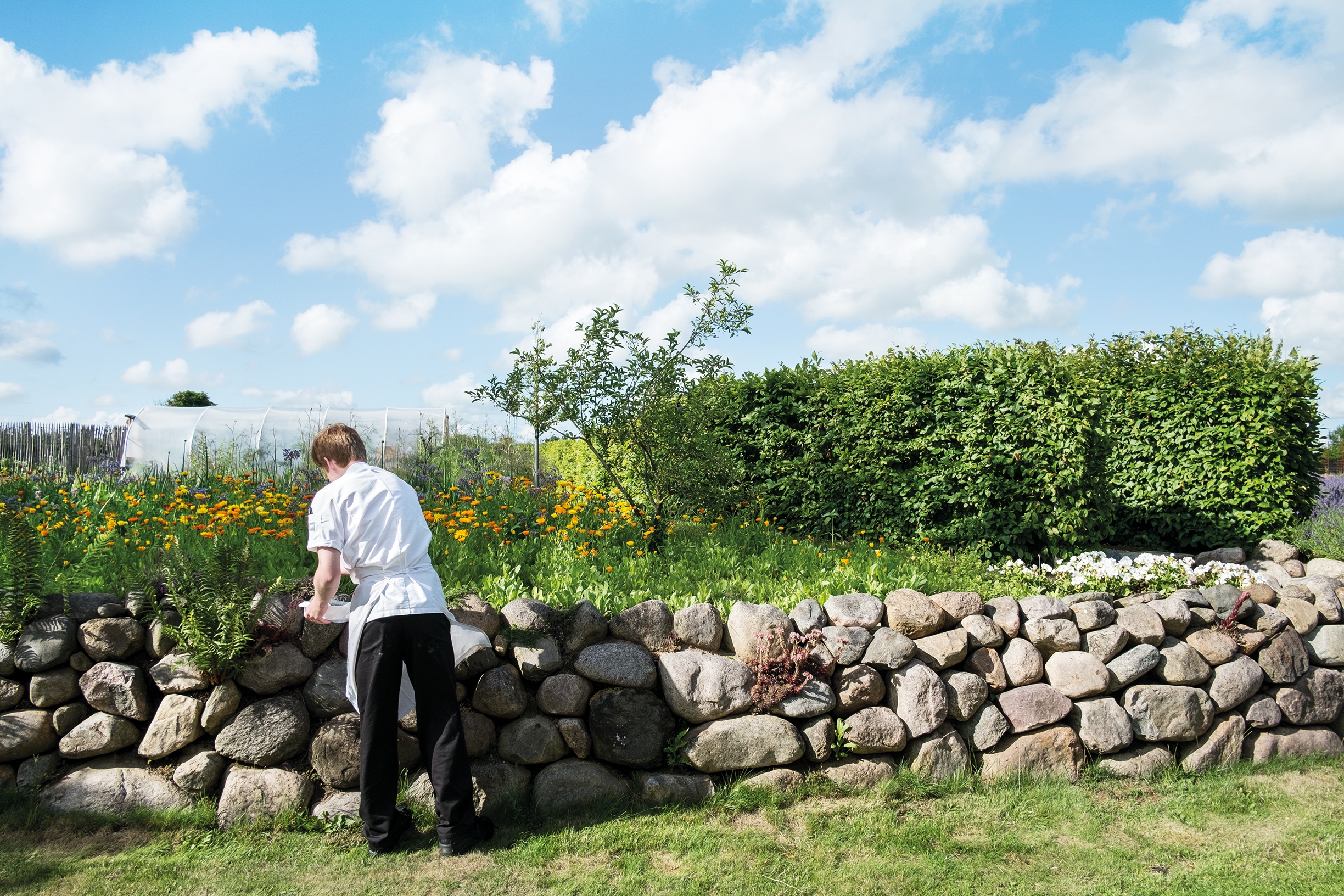
Read our article about tips & tricks to run a sustainable hospitality business.
Discover more

